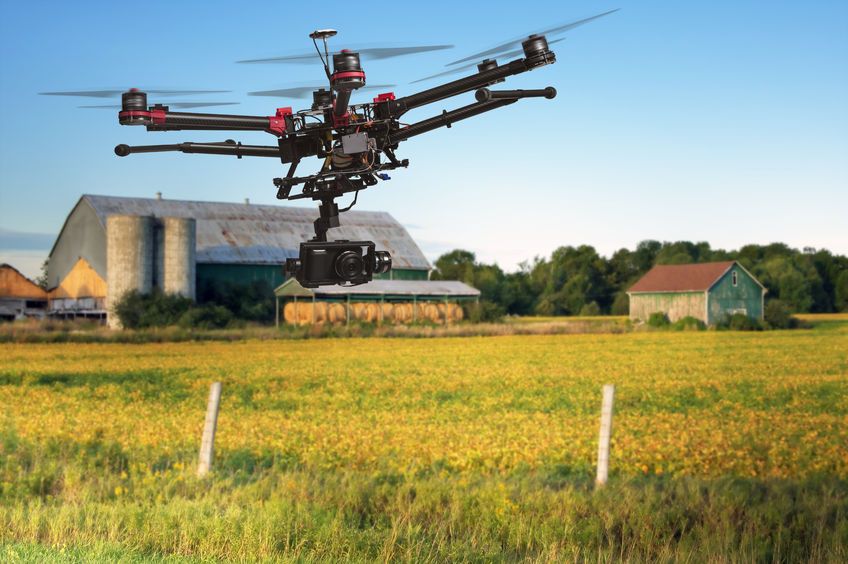
The use of drone technology for farming is becoming increasingly relevant and widespread, and with it increasingly managed by new laws.
On the farm, drones provide a valuable new technology for surveying, monitoring and mapping with other features in development for other functions coming fast over the horizon.
But new technology brings with it a bundle of new risks and responsibilities and Baroness Sugg, Parliamentary Under Secretary of State for Transport announced a number of new measures last November that are expected to come into force this spring.
The new proposed new measures include that any drone of more than 250 grams will require to be registered, that all drones should be electronically identifiable and fitted with cameras.
The draft Bill will give officers the right to order operators to ground drones where necessary. Officers will also be able to seize drone parts to prove it has been used to commit an offence.
New measures will also make it mandatory for drone owners to register to improve accountability. And drone operators will be required to use apps – so they can access the information needed to make sure any planned flight can be made safely and legally.
Banning all drones from flying above 400 feet or near airports could also form part of the new regulations.
The Civil Aviation Authority (CAA) has also published a new Drone Code to highlight the safety measures all users should comply with.
Drone offences
Figures released last year show the number of incidents in the UK involving drones reported to police has increased more than twelve-fold over the past two years.
Drone operation, with or without a camera, raises issues of privacy, and can cause nuisance and disturbance.
In the event of failure, drones can cause potential damage to individuals, property and livestock.
However, there is also recognition that any necessary restrictions should not stifle the potential for development of drone technology for the agricultural industry, which is said to be in the process of being "quietly reformed" by such technology.
Currently, anyone operating a drone commercially must have a Permission for Commercial Operation (PfCO) from the CAA, having completed a course and demonstrated the required level of airmanship, and being properly insured.
For recreational use, no drone can be flown within 150m of a congested area (ie only over empty countryside), or within 50m of any person or object not within the operator’s control.
